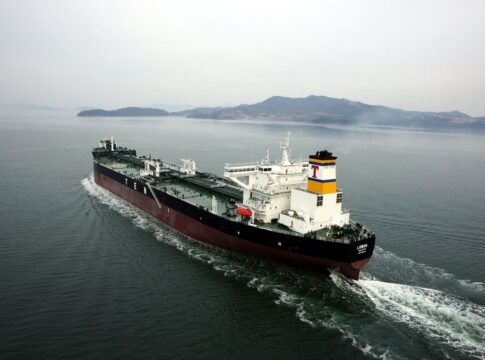Following increasing attacks on merchant shipping, the EU Council officially launched the EU defense operation for maritime security in the Red Sea on Monday. On a day when two commercial ships were attacked by the Yemeni Houthi rebels, while the first of them was in danger of sinking.
Operation Aspides has a defensive mission and will escort and protect merchant ships in the wider area from possible attacks.
“European shipowners warmly welcome the announcement officially launching the new European maritime security operation in the Red Sea. The increasingly escalating situation in the region puts our seamen at risk every day and increasingly affects Europe’s supply chain and overall economic security. A European presence in the region through the development of the Aspides operation is essential to address security risks to merchant shipping and will help keep our seamen safe. We encourage and support all concerted efforts, including diplomatic ones, that contribute to the de-escalation of the crisis in the region,” Sotiris Raptis, secretary general of the European Community Shipowners’ Associations (ECSA), stated.
“The Red Sea is a key route for European trade and the EU’s international connectivity. Protecting key shipping lanes and the international principle of freedom of navigation is essential to ensure Europe’s energy, food and supply chain security,” he added.
The Eunavfor Aspides operation will operate along the main sea lines of communication in the Strait of Bab el-Mandeb and the Strait of Hormuz, as well as in the international waters of the Red Sea, the Gulf of Aden, the Arabian Sea, the Gulf of Oman and the Persian Gulf Gulf.















